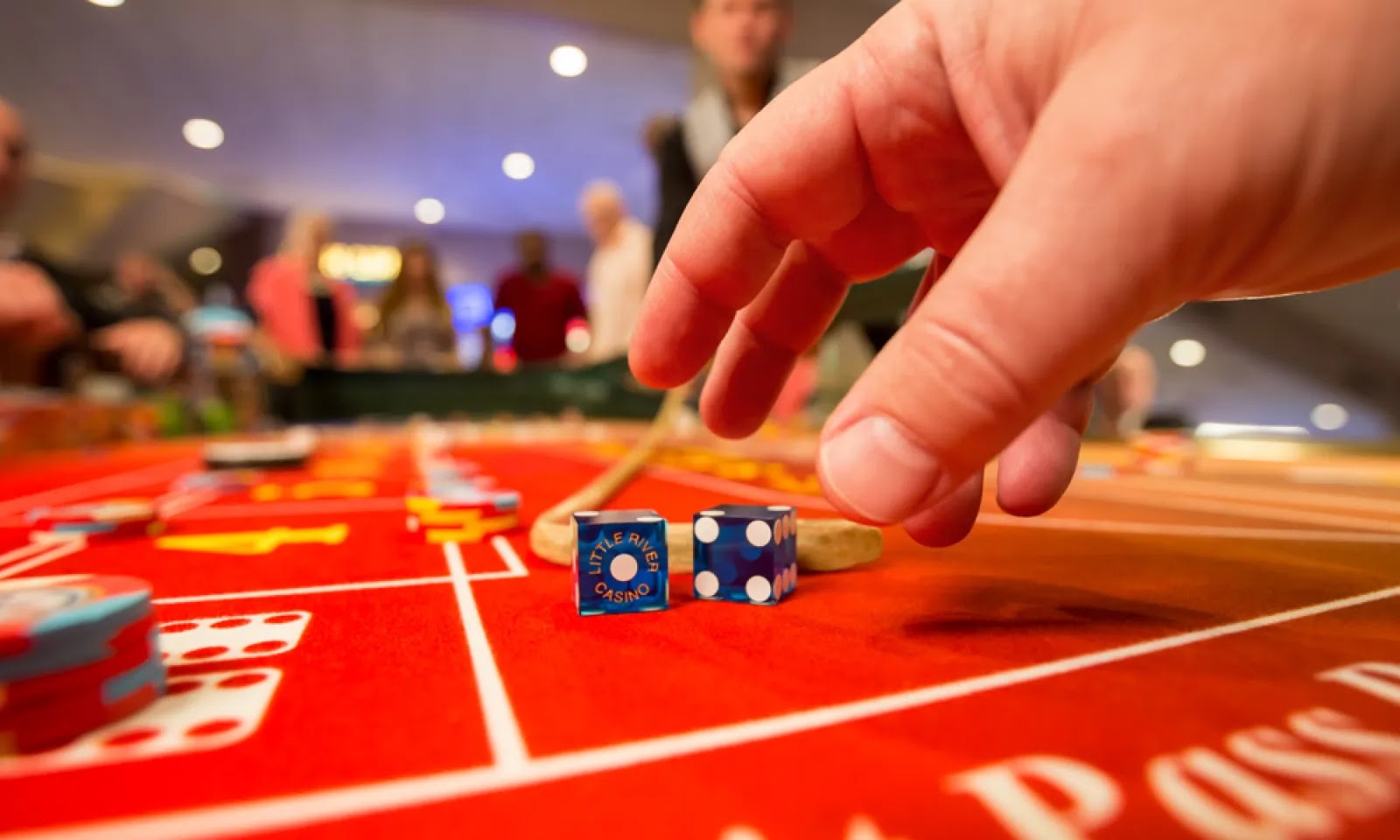Craps is one of the most exhilarating and social games you'll find in a casino. But while most people cheer for the same outcome at the craps table, a subset of players takes a different approach. These contrarians wager on the "Don't Pass" and "Don't Come" bets, effectively betting against the majority of the players at the table. In this article, we'll delve deep into these two types of bets, their odds, strategies, and why some seasoned gamblers swear by them.
Understanding Don't Pass and Don't Come Bets
Before we get into the nitty-gritty, it's important to understand what these bets are. Both the "Don't Pass" and "Don't Come" bets are essentially the opposite of their "Pass" and "Come" counterparts. While the latter bets win when the shooter rolls a 7 or 11 and lose on a 2, 3, or 12, the "Don't Pass" and "Don't Come" bets win on a 2 or 3 and lose on a 7 or 11. A roll of 12 results in a push for "Don't Pass" bettors.
The House Edge and Odds
The "Don't Pass" and "Don't Come" bets offer a slightly lower house edge than their positive counterparts. The house edge for "Don't Pass" and "Don't Come" bets is around 1.36%, compared to 1.41% for "Pass" and "Come" bets. While this difference may seem negligible, it adds up in the long run, making these bets attractive to players who are in it for the long haul.
The Social Element
Before diving into strategy, it's worth acknowledging the social aspect of these bets. Since you're betting against most players at the table, you might find yourself less than popular if you're winning while everyone else is losing. If the social element of craps is a significant part of the game's appeal for you, then these might not be the bets for you.
Don't Pass Strategy
The "Don't Pass" bet is typically made before the "come-out" roll, which is the first roll of a new game. If the come-out roll is a 7 or 11, you lose. If it's a 2, 3, or 12, you win (though some casinos have variations for the number 12). Any other number becomes the "point."
Once the point is established, the "Don't Pass" bet wins if the shooter rolls a 7 before rolling the point again. If the point is rolled before a 7, the bet loses. Since a 7 is the most likely outcome with two dice, this bet has a good chance of winning.
To optimize your "Don't Pass" betting, you can also "lay the odds" after the point is set. Laying the odds means you're betting additional money at true odds that a 7 will roll before the point. This reduces the house edge even further.
Don't Come Strategy
The "Don't Come" bet is like a personal "Don't Pass" bet that can be made after the point is established. The next roll becomes the "come-out" roll for your "Don't Come" bet. If that roll is a 7 or 11, your bet loses; if it's a 2 or 3, your bet wins. If any other number is rolled, that number becomes your own "Don't Come" point.
You can then "lay the odds" on your "Don't Come" point, just like you can on a "Don't Pass" bet. The strategy is similar, aiming to take advantage of the higher likelihood of a 7 being rolled.
Advanced Techniques
For those looking to get more sophisticated, you can mix your "Don't Pass" and "Don't Come" bets with "Place" bets on numbers 6 or 8. The idea is to cover more numbers that might come up during the game. Some players also employ betting systems like the Martingale, though this can be risky given craps' fast-paced nature.
Psychological Perks
Betting the "Don'ts" isn't just about the numbers; it's also about the psychology. Playing contrarian can sometimes give you a clearer perspective on how the game is unfolding. You're not caught up in the collective euphoria when the table is hot, which can lead to more disciplined betting.
Conclusion
The "Don't Pass" and "Don't Come" bets in craps are intriguing options for players looking for an alternative strategy or simply a way to mix up their gameplay. While they offer a slightly lower house edge, they come with their own set of challenges, including a potentially less enjoyable social experience at the table. However, for the analytical gambler who enjoys bucking the trend, these bets can add an extra layer of excitement to the already thrilling game of craps.
Though these bets may not be for everyone, they are worth understanding and considering as part of a comprehensive craps strategy. If you can handle being the table's outlier and are looking for a long-term edge, the "Don't Pass" and "Don't Come" bets offer a compelling option. Just make sure to read the table, consider your strategy carefully, and, as always, have fun. After all, the roll of the dice is what craps is all about.






